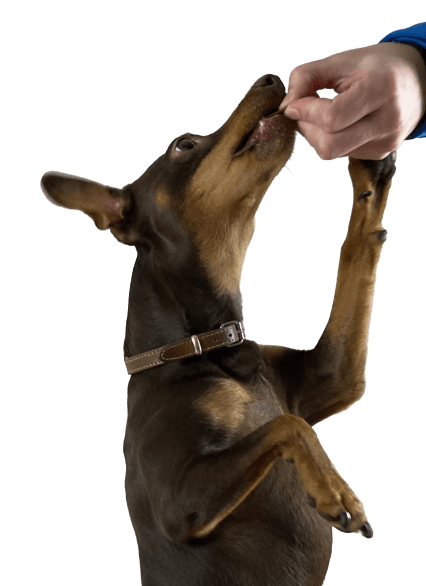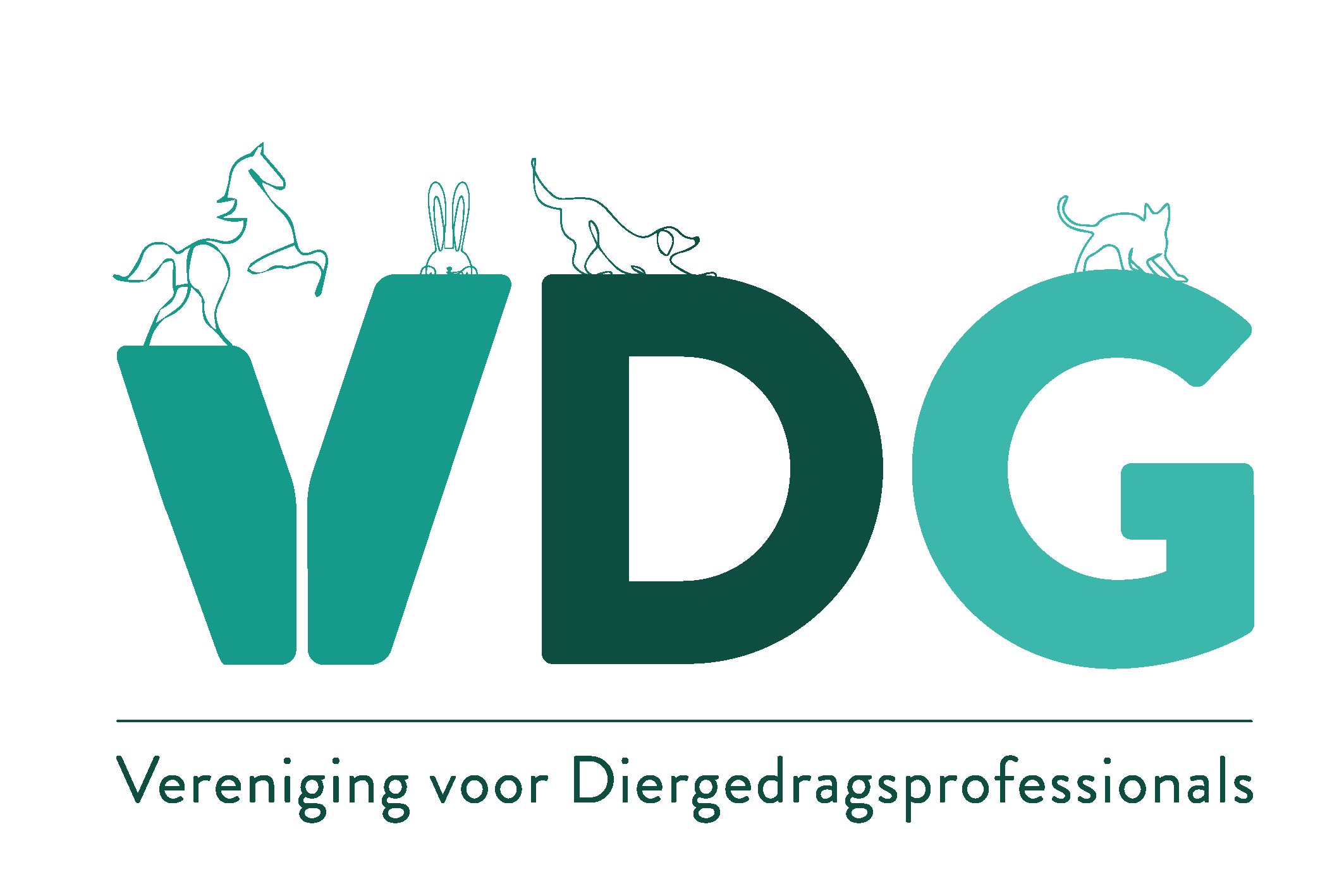Author: Evie Van Hove
A question we are often asked, but in fact it is not immediately abnormal or worrying behaviour. However, it is important to unlearn your puppy to bite!
Why do puppies bite?
The first thing a newborn puppy does is use his little mouth to search the mother dog's nipples for food. When the teeth come through, it becomes too painful to let him drink any more and the mother dog will stop feeding him. Then the time comes to learn the first bite inhibition. The puppies do this by frolicking and playing with each other. They will indicate to each other when they are being bitten too hard and in this way learn their bite limit.
And then to its new home...
When the puppy comes home to its new family afterwards and uses its teeth in the same way as it did with its brothers and sisters in the litter, the owners will soon discover that this can be quite painful! So the pup has to learn bite inhibition a second time in its short life, one that is better suited to our human skin.
"So the pup has to learn bite inhibition a second time in its short life, one better suited to our human skin."
How does a puppy stand in the new world that opens up to him?
A puppy will explore that world anyway through its little mouth and razor-sharp teeth. That is why it is a good idea to offer various chew and bite toys, preferably in different materials (rubber, olive wood, coffee wood, bamboo, deer antlers, ...). This way, you will also get to know your pup's chewing preferences! To teach your pup not to sink its teeth into your trouser leg, sleeve or even worse, your bare skin, it is best not to play any wild biting games with your hands. This will just perpetuate the biting behaviour. Rather, always use a toy between his teeth and your hands.
And with age?
Between the ages of 3 months and 7 months, the puppy will change its teeth to full adult teeth. By then, you would like to have achieved that your dog has learned how to grab your arm with its mouth, for example, without hurting you. The whole process of teaching a puppy proper bite inhibition can go very differently, depending on puppy to puppy.
If it goes more difficult than expected, you can always call in a dog behavioural therapist or accredited puppy coach to help you with this!
Evie Van Hove is PgD Clinical Animal Behaviour, certified puppy coach, dog trainer and behaviour coach. She has been business manager of Pettherapy.be since 2021.





